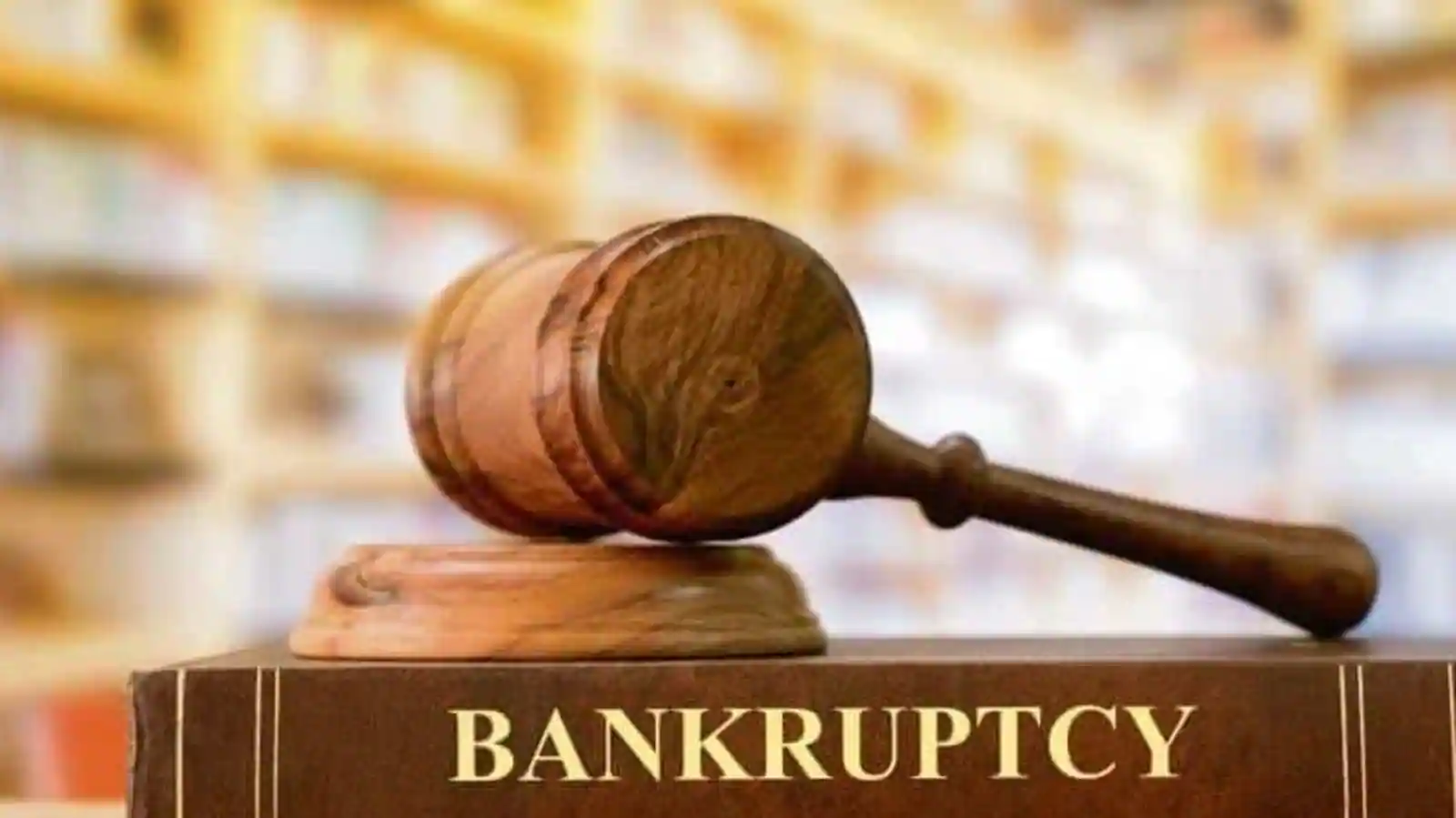A bankrupt’s status or situation. Insolvency is a procedure defined by federal law that assists persons or companies that are unable or unwilling to pay their obligations.

Table of Contents
BANKRUPTCY
A bankrupt’s status or situation. Insolvency is a procedure defined by federal law that assists persons or companies that are unable or unwilling to pay their obligations. The state of not being able to pay one’s bills when they come due.
Bankruptcy laws are an infringement on common law. The first in England was the statutes 34 and 35 of Henry VIII, c.4, although the term “bankrupt” occurs only in the title and not in the text of the act. The first statute, 13 Eliz. c.7, defines the word bankrupt and distinguishes it from ordinary insolvency.
The United States Constitution, Article I, Section 8, permits Congress to “create a consistent system of naturalisation and uniform regulations on the subject of bankruptcy throughout the United States.” With the exception of a brief period when bankrupt laws existed in this nation, this authority was dormant until the passing of the statute of 1841, which has since been abolished.
Any one of the states may enact a bankrupt law, but no state bankrupt or insolvent legislation may impair the obligation of contracts; nor may the various states pass laws contradicting a congressional act on this topic; and a state’s bankrupt laws may not impact the rights of people of another state.
BANKRUPT
A person who has committed, or has suffered the commission of, an act that is legally defined as an act of bankruptcy; in such a scenario, he may be declared bankrupt.
It is important to note that there is a significant distinction between a bankrupt and an insolvent. A guy may be a bankrupt and yet be completely solvent; that is, finally able to pay off all his obligations; alternatively he can be insolvent as a result of not having committed, or been subjected to, an act of bankruptcy. He may not be insolvent. Again, the bankrupt laws are primarily intended to protect creditors from waste, extravagance, and mismanagement by seizing debtors’ property and placing it in the custody of the law; whereas the insolvent laws only relieve a man from imprisonment for debt after he has assigned his property for the benefit of his creditors. Both bankrupt and insolvent laws force the debtor to renounce his possessions for the benefit of his creditors. Bankruptcy regulations free a person from incarceration and exempt his property acquired after his discharge from any debt burdens. Insolvent laws only release the debtor from incarceration or the threat of imprisonment, but his post-acquisition property may be confiscated in fulfilment of his old obligations.
Copy and paste this <iframe> into your site. It renders a lightweight card.
Preview loads from ?cta_embed=1 on this post.